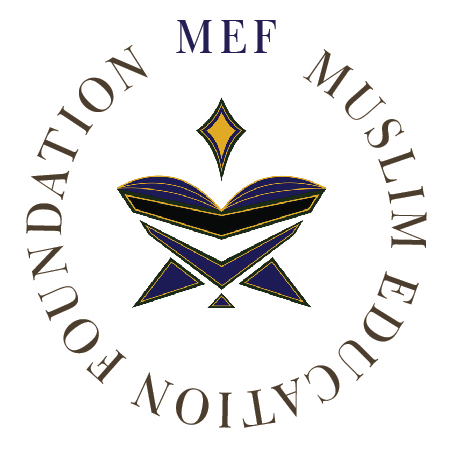Muslim Education Foundation (MEF) provides strategic leadership for a vision of education rooted in the Qur’anic worldview. Established in 2005, MEF develops authentic Islamic educational resources, conducts professional development workshops, and engages with other scholars from around the world to address educational issues of critical importance.
MEF Governing Structure
Muslim Education Foundation works under the direct guidance of an International Advisory Board; a local Board takes care of administrative and local aspects of the work of the Foundation.
International Advisory Board
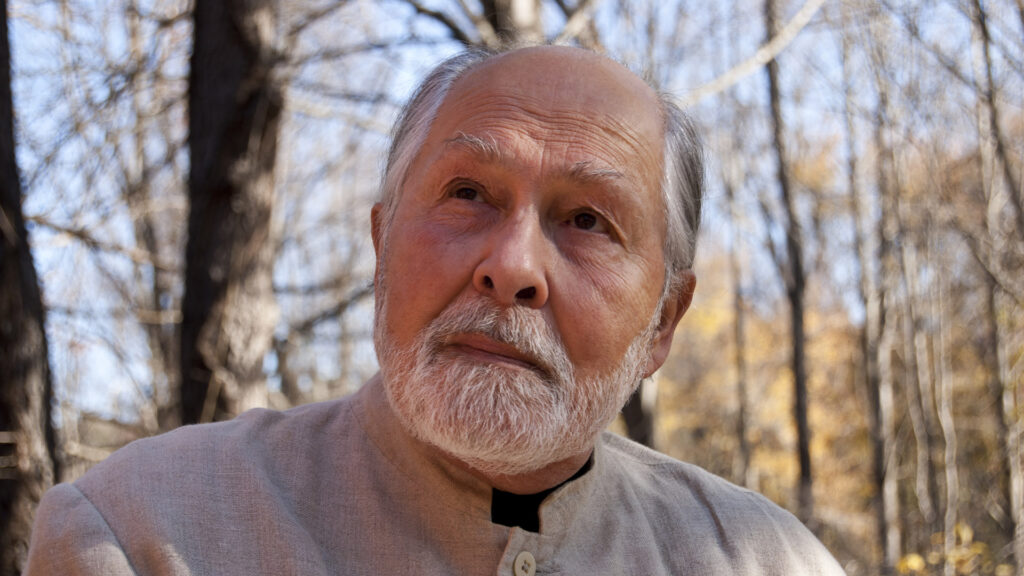
Seyyed Hossein Nasr is University Professor of Islamic Studies at The George Washington University. He is the author of over sixty books and five hundred articles, and is the subject of a number of books, articles, and edited collections, including a volume dedicated to his thought in the famous Library of Living Philosophers series entitled The Philosophy of Seyyed Hossein Nasr (2001).
Among Professor Nasr’s many influential publications are Science and Civilization in Islam (1968), Knowledge and the Sacred (1989), A Young Muslim’s Guide to the Modern World (1994), Religion and the Order of Nature (1996), Islamic Philosophy from Its Origins to the Present (2007), The Garden of Truth (2007), The Study Quran (2015), and Islam, Science, Muslims, and Technology: Seyyed Hossein Nasr in Conversation with Muzaffar Iqbal.
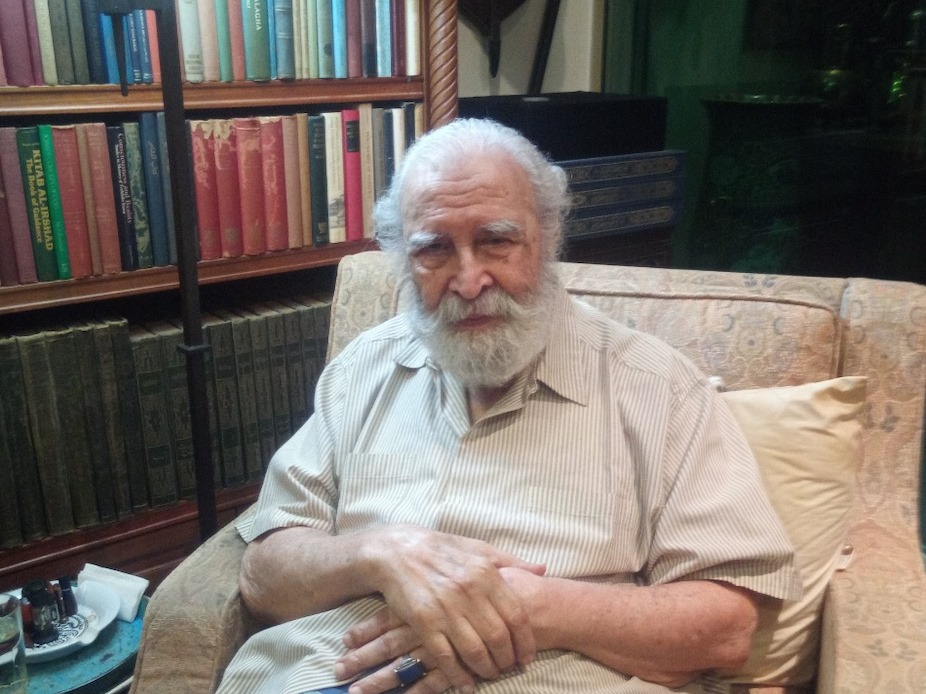
Syed Muhammad Naquib al-Attas was born in Bogor, West Java, on 5 September, 1931. In 1937 he joined his paternal relations in Johor Bahru. He received his early education in Sukabumi and Johor Bahru. He later studied at the Royal Military Academy, Sandhurst, England and, subsequently, at the University of Malaya, Singapore, McGill University, Canada and the University of London, England.
Tan Sri Syed Naquib received his M.A and Ph.D. (1965) from McGill University, and the University of London respectively with a special focus on Islamic philosophy, theology and metaphysics. His two-volume doctoral thesis on The Mysticism of Hamzah Fansuri remains the most important and comprehensive work to-date on one of the greatest and perhaps most controversial Sufi scholars in the Malay world. He returned to Malaysia in 1964, and in 1965 became the Head of the Division of Literature in the Department of Malay Studies at the University of Malaya, Kuala Lumpur. Between 1968 and 1970 he served as the Dean of the Faculty of Arts. He later in 1970 became one of the founders of the National University Malaysia where he founded and directed the Institute of Malay Language, Literature, and Culture (IBKKM).
Professor al-Attas’ poineering work on Islamic education is recognized as foundational and he has inspired three generations of Muslim scholars.
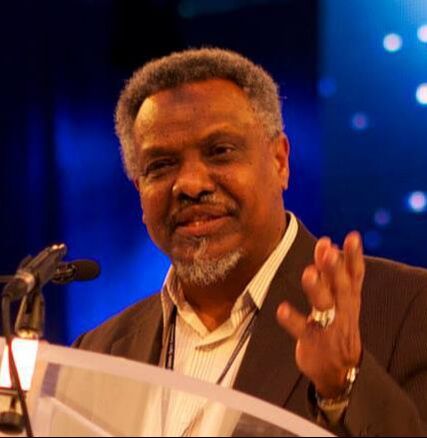
Shaykh Abdalla Idris Ali is known as one of the “pillars of Muslim community in North America”. He has spent a life time in service of the Muslim communities in North America. He began his work in Education in Canada as a teacher of Arabic and Islamic Studies at the Islamic Centre of Toronto (Jami Mosque). He has served as the Director of Education at the Islamic Center and coordinated the Heritage Language program for Peel, Scarborough and Toronto Boards of Education. Later, he was appointed as the Principal of the full-time Islamic Summer School, Imam and Director of the Islamic Center of Toronto, (Jami Mosque). In 1982, laid down the foundation of the first full-time Islamic school in Canada and served as the Principal of the Islamic Community School (now ISNA School). He is a member of the Executive Council of the Islamic Society of North America (ISNA). He has also served as a member on the Board of Trustees for the Islamic Teaching Centre (ITC) and North American Islamic Trust (NAIT), Board of Advisors of many national and international Islamic organizations.
He is a founding member of the Council of Islamic Schools in North America (CISNA). He developed and implemented Islamic and Arabic Studies curricula for elementary and junior high students. He has written various articles in Islamic Horizons and was a member of the American Trust Publications (ATP) Editorial Board. In 1998, he moved to the United States as a curriculum consultant to the Universal Foundation, and then was appointed Director for the Center for Islamic Education in North America (CIENA) at the foundation in Kansas City, Missouri. He is a member of the Board of Trustees of IBERR (International Board of Educational Research and Resources) serving minority communities in the U.S., Canada, Australia, Britain, South Africa and Nigeria
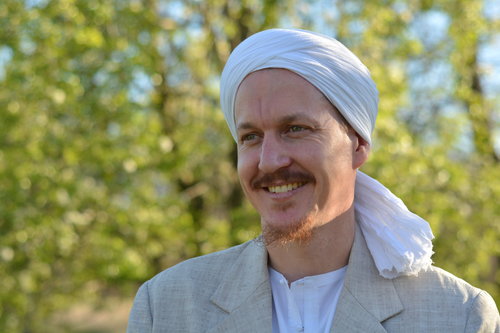
Yahya Rhodus is the Founding Director of Al-Maqasid which provides guidance to facilitate the realization of Islam, Iman and Ihsan through immersion in the Prophetic Inheritance. Shaykh Yahya’s own journey began at the traditional school of Murabit al-Hajj in the desert of Mauritania shortly after his conversion to Islam. His path of learning then led him to the acclaimed Dar al-Mustafa in Tarim, where he received instruction from the renowned scholar and spiritual guide Habib Umar Bin Hafiz. After graduating from Dar al-Mustafa and returning to the United States, he studied in a number of academic institutions, culminating in a PhD in Theology and Religious Studies from the University of Cambridge, England.
Shaykh Yahya believes in the necessity of building sound educational institutions that effectively nurture the realities of Islam in the lives of believers so that they can reach their full potential as human beings. He has dedicated his life to teaching and helping others put their knowledge into practice in order to benefit themselves and humanity. In the spirit of what he has learned from his teachers, Shaykh Yahya is committed to a holistic approach to religious life that considers the various dimensions of health and is embedded in love, mercy, knowledge, purity of heart, remembrance of God, good companionship, and concern for all of creation.
MEF Local Board
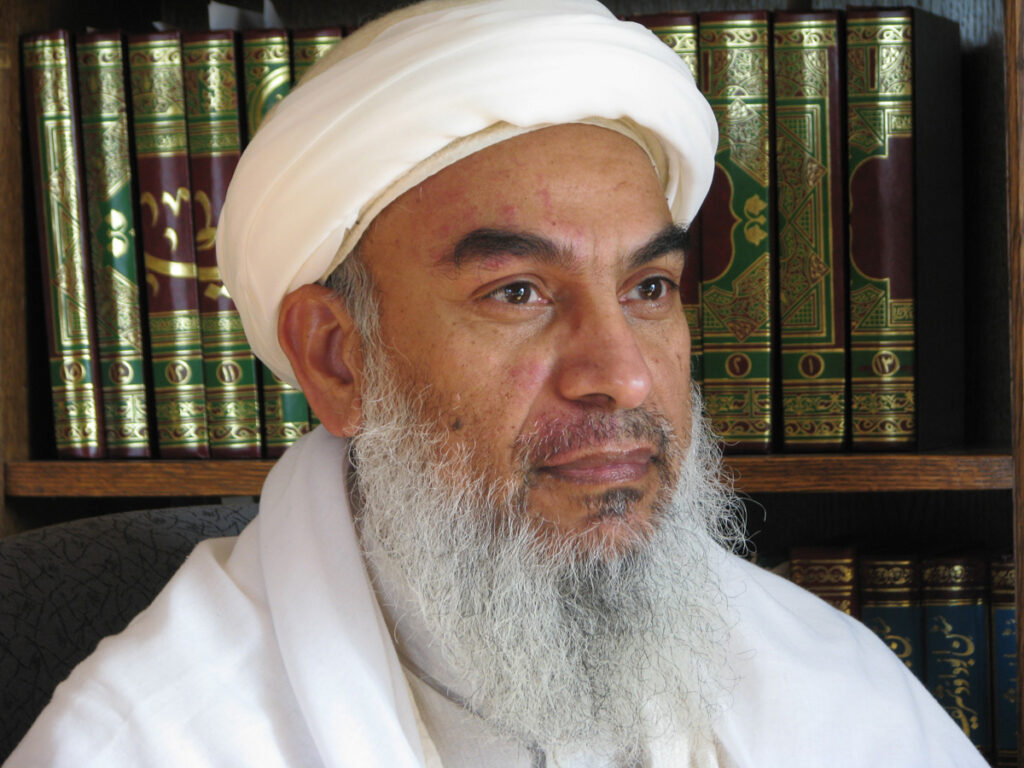
Muzaffar Iqbal (President, MEF) has held academic and research positions at University of Saskatchewan (1979-1984), University of Wisconsin-Madison (1984-85), and Montreal Neurological Institute, McGill University (1986-87). During 1990-1996, he worked as Director Scientific Information, Organization of Islamic Conference (OIC) Committee on Scientific and Technological Cooperation (COMSTECH). He was Director (Scientific Information), Pakistan Academy of Sciences during 1997-98.
In 1999, Dr. Iqbal became the Program Director for the Muslim World for the Science-Religion Course Program of the Center for Theology and the Natural Sciences (CTNS), Berkeley, USA, a position he held until the end of the Program in 2001.
Over the past thirty years, his research and publications have focused on three broad areas within the framework of Muslim encounter with modernity: (i) the impact of this encounter on Muslim self-understanding of their spiritual and intellectual traditions; (ii) the relationship between Islam and science and the role of modern science and technology in the reshaping of the spiritual, intellectual, and social landscape of the Muslim world; and (iii), Qur’anic studies, including Western academic studies on the Qur’an. His books and articles and articles have been translated into Persian, Bahasa Indonesia, Albanian, and Korean.
He is the General Editor of the Integrated Encyclopedia of the Qur’an (2009–), a 7-Volume English-language reference work on the Qur’an exclusively based on fourteen centuries of Muslim scholarship.
He is also the Series Editor of Islam and Science: Historic and Contemporary Perspectives, a four-volume work that brings together the most important and influential articles on various aspects of the relationship between Islam and science from the beginning of the twentieth century to the present. Between 2003 and 2017, he was the editor of Islam and Science (renamed as Islamic Sciences in 2013), a journal that explores, from Islamic perspectives, religious and philosophical implications of data and theories originating in the physical, biological, and social sciences.
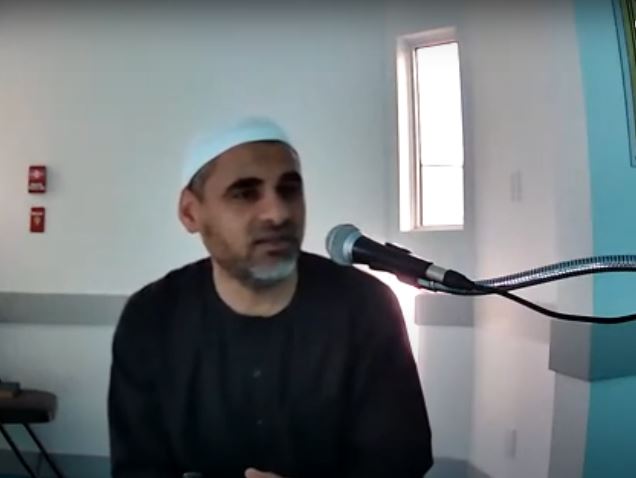
Shaykh Sherif El-Sayed (Vice President) is an Azhari scholar who has served Muslim community of North America for many years. After graduating from al-Azhar’s Faculty of Languages and Translation (2003), Shaykh Sherif served as an Imam in Egypt (2004-2008), then at the Omar Haikal Islamic Academy, Las Vegas, NV (2009-2011), Masjid Ismail, Bullhead City, AZ (2011-2013) and Al Rashid Mosque, Edmonton (2013 -2016). Since 2016, he is the Imam of MCE Mosque, Edmonton. He is involved with a number of educational initiatives, including teaching of the Qur’an, Hadith, and Sira.
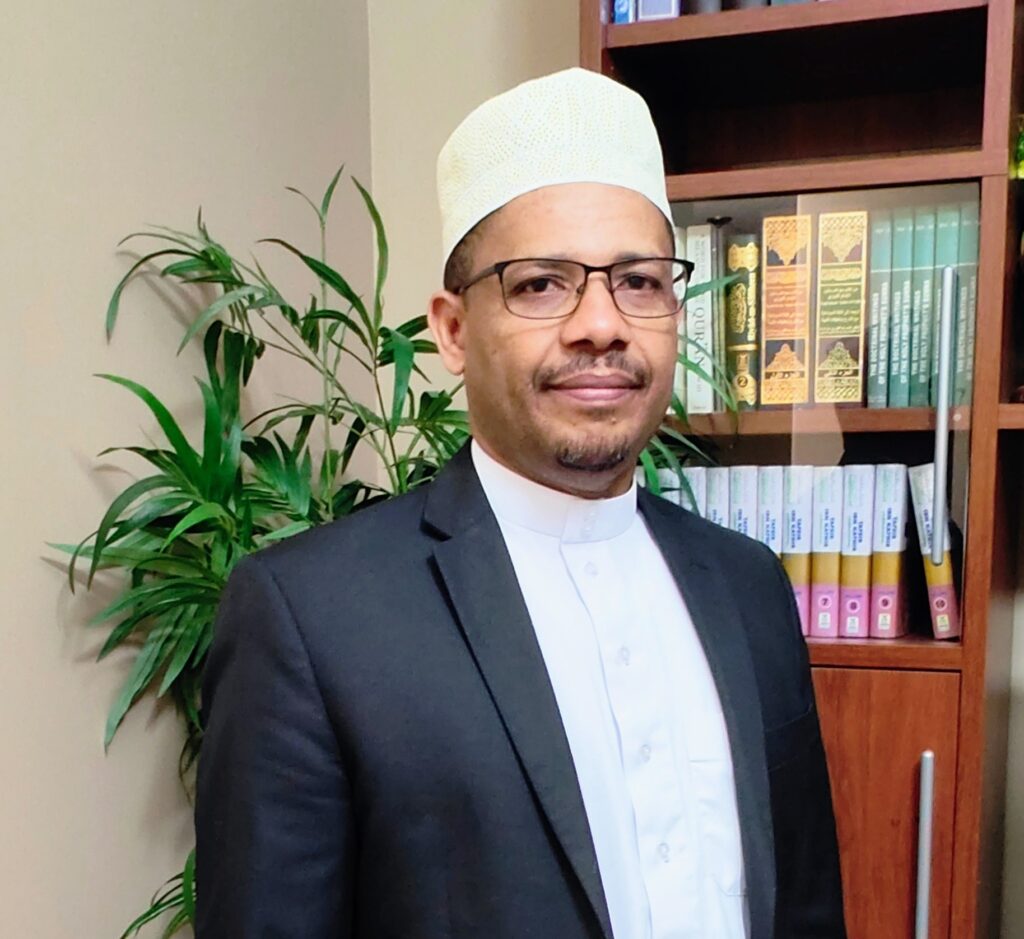
Abuu Khalifa Mohammed (Secretary-Treasurer) is a Civil/Structural Engineer, registered with APEGA and PEO. He has a BSc. in Civil Engineering from Middle East Technical University (METU), Ankara, Turkey (1995). Dr. Mohammed received his MSc. and PhD. in Marine Structural Engineering from Norwegian University of Science and Technology (NTNU), Trondheim, Norway (in 1997 and 2001, respectively). He worked in the offshore oil and gas industry in Norway before coming to Canada in 2005. He now works on petrochemical plants projects.
Dr. Mohammed is the founding president of the Zanzibari Community Association in Alberta (ZCAA) where he served two alternate terms as its president. He currently serves as a board member of ZCAA as a past president.
Since his high-school graduation, Dr. Mohammed has been helping youth education. In 1990, he pioneered a program with Dr. Muhammad Juma to help secondary school youth for high-school entrance. The program consisted of evening camps and successfully helped youth to enter high school and subsequently universities.
Dr. Mohammed received his Islamic education through traditional local schools. He has deep interest in Islamic education and is an active member in the local Muslim community.
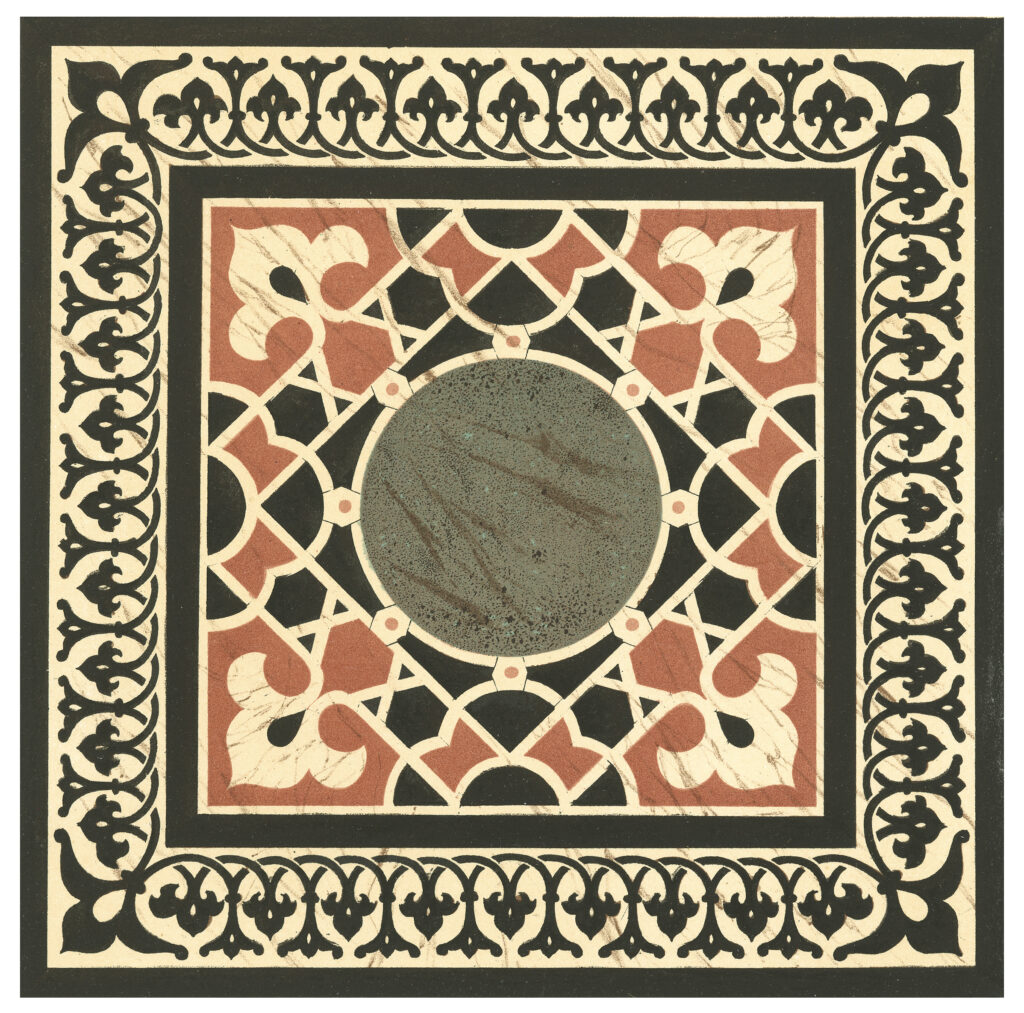
Ustadha Abir Ebrahim (Vice-Chair) holds a Bachelor of Engineering degree from Ain Shams University in Egypt, a Bachelor of Arts in Islamic Science Education from Imam University of Islamic Sciences in Dubai, a Bachelor of Arts in Islamic Education from the International University of Islamic Sciences UAE (branch of Madinah University), as well as a Diploma in Dawah. Along with her formal education, she has received a sanad in Qur’an Tajweed, Arabic Grammar (nahwa), Fiqh of the Four Schools of Thought as well as in Hadith Bukhari and Muslim. Ustadha Abir has taught at various masaajid in Edmonton. She is currently spearheading the establishment of Amana Academy and working as a settlement counselor at Catholic Social Services.
So far…
Over the course of last 17 years MEF has striven to integrate faith and learning.
Timeline of MEF Initiatives
Inaugural Meeting for MEF 3:30 pm April 24, 2005
Official Launch of MEF in Edmonton, 2006, featuring the (presentation)
Networking and outreach to all Islamic schools in Canada
Publications
- Concentric Circles, Nurturing Awe and Wonder in Early Learning, A Foundational Approach, August 2006 by Elma Harder
- “Nurturing Awe and Wonder in Early Learning” by Elma Harder in New Horizons, Sept/Oct 2020
- “The Vision of Sakinah Circle and its Pedagogical Approach” chapter in upcoming publication
Retreats at Strathcona Wilderness Center with Muslim Women’s Network (MWN)
- “Learning for Life: Nurturing Seeds” Sept 6-7, 2002
- “Learning from the Sahabiat” January 25-26, 2003
- “Marvels of Motherhood” May 17-18, 2003
- “Reflections on Contemplation” January 10-11, 2004
- “Learning to Learn” May 12-13, 2007 with Haji Haroon
Sakinah Circle
- MEF partnership with Argyll Centre for Home Education to explore possibilities
- Community meeting on December 12, 2006 at the Argyll Centre to gauge the Muslim community 300 attendees confirmed the interest was high
- “Doorways to Islamic Civilization” – afterschool programming at Argyll Centre for Home Education in the spring of 2007
- Onsite enrichment program at Argyll Centre for home schoolers 4 days/week 2007-8
- A two-year pilot program (K-3) Sakinah Circle at Argyll Centre 2008-2010
- Full program begins at Grace Martin School 2010-11
- Ongoing support, resource development and PD for teachers
Presentations by Dr. Muzaffar Iqbal
- Team Workshop, August 7, 2008, Wuddistan
- Teacher Training College in Ray, Iran, 2008
- Sharif Universtiy, Tehran,
- Baqir ul-Ulum, Qom, 2005
- Shifa International Medical College, Islamabad
- Islamic Schools League of America, Annual Conference 2014
- Victoria, B.C. workshop, 2015
Presentations by Elma Harder and Noor Iqbal
- “Holistic Education in the Islamic Spirit”, Weekend Workshop in London, UK March 29-30, 2008
- Edmonton Islamic Academy, Teacher Workshop, 2009
- “Bringing Critique to the Homeschooling Table: What Nourishes Our Children?” Toronto Homeschoolers 101, August, 2010
Collaboration
Islamic Teacher Education Program (ITEP) Course Instructor – Elma Harder, 2012
Consultancy
- Peace Village, Fremont California 2012
- Consultancy with Sitara School, Islamabad, Pakistan 2012
- Consultancy with A Centre for Wonder, Bahrain, 2014
.
Looking into the Future
From Muslim to Islamic Schools is a cutting-edge program.

